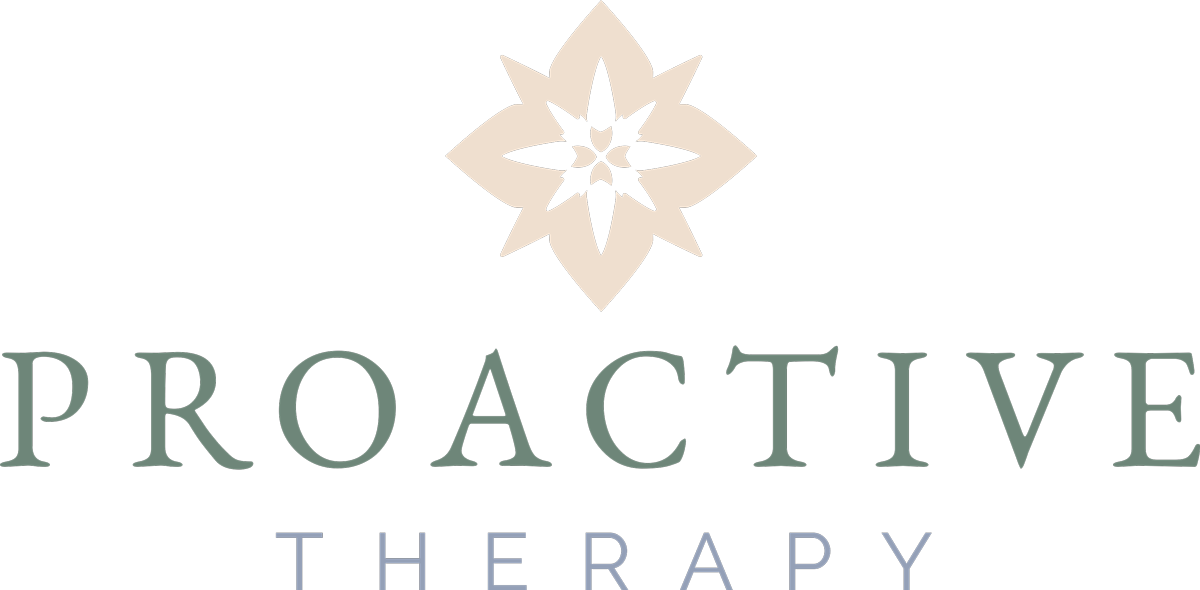Using Emotions as Data
By Regan Murphy, AM, LCSW
Many of us hold the belief that emotions are good or bad, right or wrong, positive or negative. Common statements I hear from folks struggling with emotions are:
“There is a right way to feel in every situation;”
“Letting others know that I am feeling bad is a weakness;”
“Negative feelings are bad and destructive;”
“Being emotional means being out of control.”
Marsha Linehan, the creator of a mode of therapy called Dialectical Behavioral Therapy, calls these statements “Myths about Emotions.” When we judge or evaluate a feeling, we then tend to live out these myths about emotions as self-fulfilling prophecies.
Rather than buying into the notion that the emotions themselves have disrupted our relationships and caused chaos in our lives, DBT-informed treatment helps people understand the value and function of all emotions – whether they lead us to feel good or uncomfortable on the inside. If we can take the perspective that emotions are neutral pieces of information to be learned from, we can start to see things differently.
Imagine looking at emotions as data, as a communication from our body that there is something important we need to pay close attention to. If we can pause to get beyond all that we’ve been conditioned to believe about feelings, we can start to create a new relationship with our emotions.
A feeling is our body’s way of inviting us to pause, take a step back, and identify the purpose or lesson of the feelings showing up. The action of slowing down and approaching emotion, rather than responding impulsively or ignoring emotions, can enable us to take care of ourselves and to nurture our relationships. There is likely something that we need to do when an emotion shows up, perhaps make a request of someone, or set a boundary with them.
Now that we’re a few months in to the new year, let’s take a moment to slow down, and check in.
How are you doing taking care of yourself?
What are you doing in your relationships to show loved ones that you care?
What can you do to listen to your emotions - to truly hear, understand and learn from what your emotions are trying to tell you?
Using the data from emotions to inform how you act — how you treat yourself and others — is a step that can help you live well and get better at feeling.
